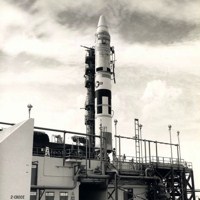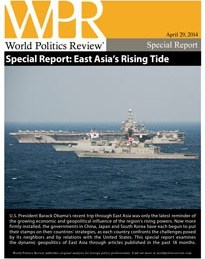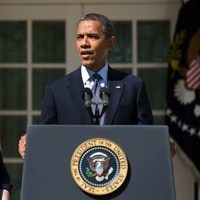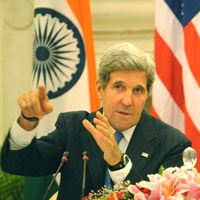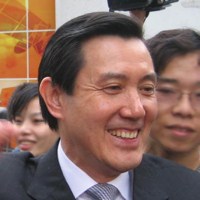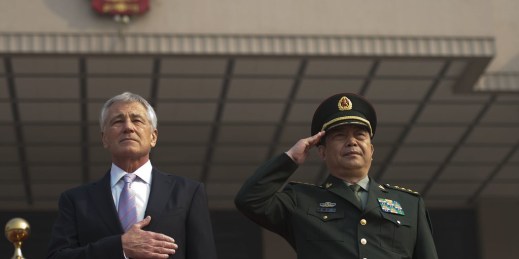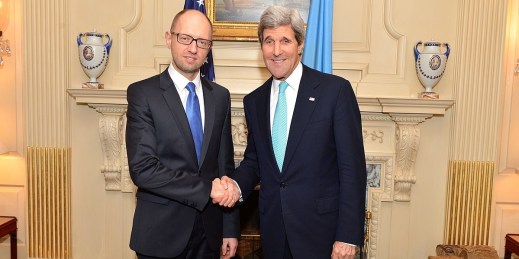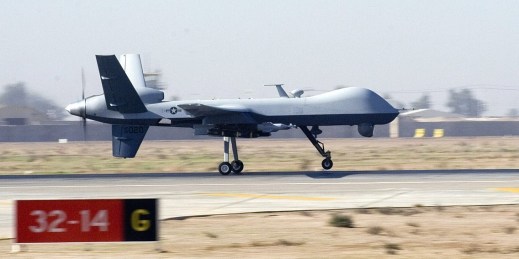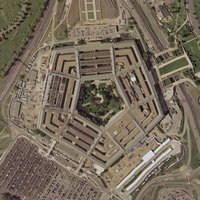
Following World War II, the United States reluctantly became a global superpower. By the end of the Cold War, Americans had so taken to the exercise of power that they found it unthinkable to be anything but a superpower. Preserving that status shifted from a necessary evil to an explicit objective. But now what was once unthinkable is back on the table. For the first time in decades, many Americans are questioning whether the United States wants to or even can remain a global superpower. In some ways, the United States has always been ill-equipped to orchestrate the international security […]

